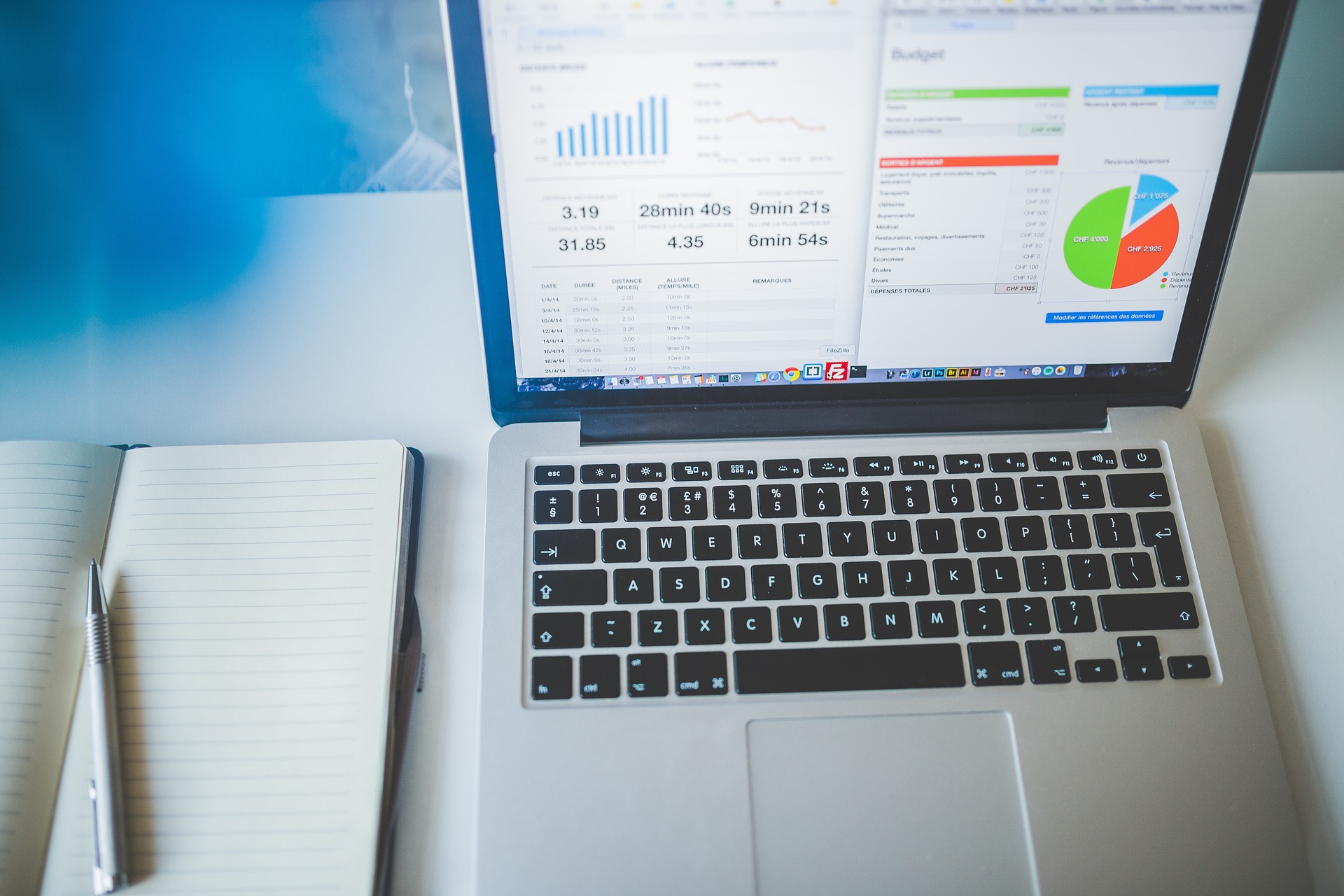What Small Businesses Should Know About Data Analytics
Data analytics is necessary for informing business strategies, monitoring trends, and boosting the offerings of a business. While technology has made it easy for small businesses to compete equally with large corporations, most small businesses do not use data analytics due to the costs.
Regardless of the size of your business, access to large amounts of information calls for data analytics to help you track your business performances. It also enables you to know what works for your business and what doesn’t. It also gives your business insights into consumer preferences, which is essential when developing marketing strategies.
If you are a small business, below are some of the things you should know about data analytics to help you make better decisions for your company.
What is Data Analytics?
Data analytics refers to the evaluation of small sets of data to identify trends and answer pertinent questions. Depending on what you are trying to achieve or the question you want to answer, data analytics come in four types; descriptive, diagnostics, predictive and prescriptive analytics.
Descriptive analytics aims at explaining things that already happen, such as describing business outcomes to stakeholders. Diagnostic analytics, on the other hand, seeks to find the reason for an occurrence by relating the data to any anomalies.
Predictive analytics utilizes historical data to try and establish what will happen in the future, while prescriptive analytics uses insights derived from predictive analytics to answer what should be done.
Do remember that combining the four types of data analytics helps businesses become more efficient and avoid uncertainties as you can use past and present data to predict future outcomes.
Types of Big Data Solutions for Small Businesses
To analyze data properly and get the information and insights you need, visit this link or use appropriate techniques and tools.. While you can perform data analysis on your own, it is advisable to hire a specialist for the job. For a small business, hiring an in-house specialist may be costly. Consider outsourcing the service to analyze your data and establish the reasons for the patterns in your data.
For small businesses, understanding the available big data solutions allows you to choose the right tools for your unique business needs. Although the best way to analyze data is using real-time analytics, there are numerous big data solutions to choose from. Here are some of the big data solutions you can use to analyze your data.
1. SAS
SAS is one of the best data analytics tools for small businesses due to its ease of use, automated forecasting, and data mining capabilities. After collecting data from various sources, it then analyzes it and provides insight on customer intelligence. SAS is ideal for small and mid-size companies.
2. Kissmetrics
Kissmetrics is the perfect tool for boosting your marketing ROI as it segments your clients based on customer behavior. It, therefore, allows you to effectively engage your clients as you can tailor your approach to suit the specific customer segment. What’s more, it offers you educational resources to enhance your marketing.
3. Alteryx
Alteryx gives you advanced data analytics and allows you to present information simply and understandably. It uses business data and public information to help you make business decisions. With Alteryx, you enjoy collaboration features and departmental analytics in addition to business data.
4. Google Analytics
Google Analytics is a simple yet effective tool for collecting and analyzing website data. It is a free digital platform that allows you to extract and analyze data such as where website traffic comes from, how long visitors stay on the site and bounce rates. The information you get from Google Analytics can help you make better digital marketing strategies.
5. InsightSquared
It is the ideal option for staffing, financial, support, marketing, and sales analytics. InsightSquared connects to your current business software to collect data automatically and come up with actionable insights. You can use it with Google Analytics, QuickBooks, Salesforce, and even Zendesk. The platform also offers custom reporting, which allows you to report any form of data however you choose.
6. Data Reporting
After data analysis, you need to present the data in a simple manner that allows non-technical individuals to understand and make business decisions. For proper data reporting, consider using data visualization tools that are compatible with your current technologies.
While Microsoft Excel and PowerPoint tools may offer the necessary functions, you can also use executive dashboards that allow you to manage data fast. With an interactive dashboard, the stakeholders don’t have to have technical skills to engage with the information. Also, strive to make your data more accessible to teams by sharing them using mobile.
The above information should help your small business take control of data and contribute to business success. For the best results, always get the right analytics tool for your business.

